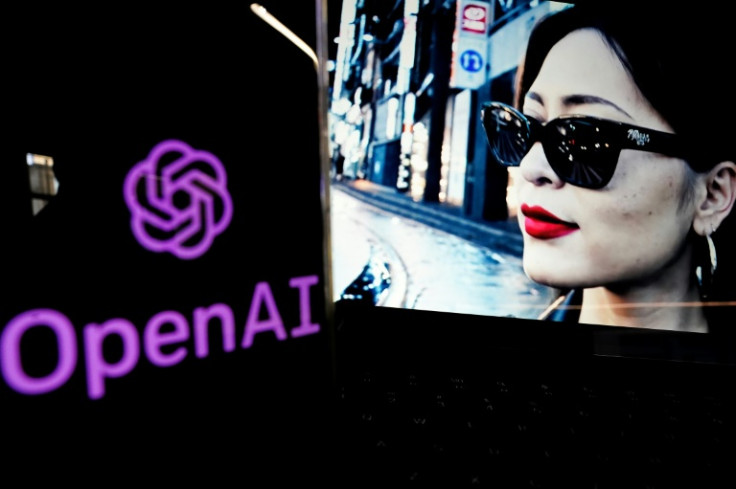New Funding Round Values OpenAI At $150 Billion: Report

OpenAI is in talks to raise billions of dollars in a new funding round at a valuation of $150 billion to beef up its artificial intelligence (AI) technology and cover operating costs amid stiff competition from Google and Amazon.
The ChatGPT maker is now negotiating funding from investors amounting to $6.5 billion, according to a report on Bloomberg News citing people who are familiar with the matter.
Another $5 billion will be a bank debt from banks through a revolving credit facility.
In late August, reports said OpenAI is negotiating a fresh round of funding that could value the company at over $100 billion.
Venture capital firm Thrive Capital will reportedly lead the funding along with Microsoft, which has already invested $13 billion in OpenAI since 2019. In addition, two other tech giants, Apple and Nvidia have also been making plans to invest in the company.
OpenAI became the first official partner for Apple Intelligence in June, while Nvidia supplies AI chips, PYMNTS reported.
The company's new reported $150 billion valuation would then be a 74% increase from the valuation of $86 billion when employees sold their shares in late 2023. This will establish the company as a force to reckon with in the AI industry, making it a highly valuable startup in the world.
OpenAI, led by its CEO Sam Altman, gained worldwide attention for its ChatGPT product and got the backing of Microsoft.
The company's ChatGPT, which was accepted and embraced by hundreds of millions around the world has made OpenAI one of the biggest players in the AI industry. Name Pepper noted that latest data showed that ChatGPT has more than 180.5 million monthly users, and that it has 100 million weekly active users.
The firm recently released GPT-4o model that combines audio, vision, and text and need funds to spend more on new AI models.
With the latest planned billions in capital influx, OpenAI would be able to stay as a private company for a longer time. Reuters noted that many startups avoid going public to avoid regulatory costs and stock market volatility.
© Copyright IBTimes 2024. All rights reserved.





















